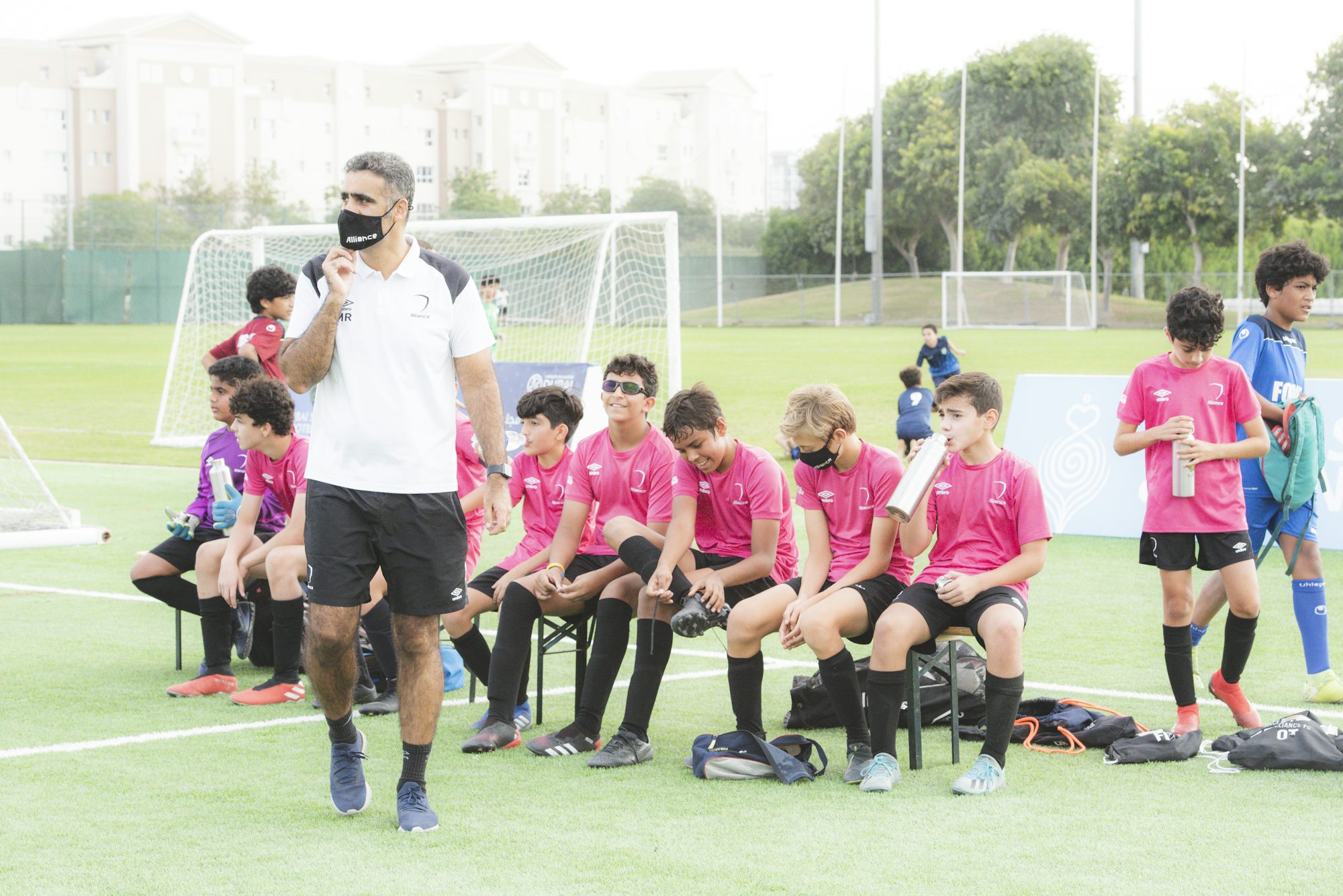At its core, hockey fosters a sense of belonging and community. Whether it’s a youth league in a small town or a professional franchise in a major city, hockey creates connections among players, families, and fans. Local rinks often serve as gathering places where friendships are formed, rivalries ignited, and lifelong memories Payсhex created. Youth programs play a crucial role in introducing the sport to young athletes, providing coaching and resources that inspire the next generation of players. These programs not only develop skills but also instill values such as teamwork, discipline, and respect, which resonate beyond the ice.
The passion of hockey fans is legendary. The culture surrounding hockey fandom is characterized by loyalty and enthusiasm, with supporters often forming dedicated communities. From wearing team jerseys to painting their faces in team colors, fans express their allegiance in creative and spirited ways. Game days transform into events filled with energy, as fans gather to cheer on their teams. This collective experience fosters a unique bond, creating a sense of identity that extends beyond the sport itself. Local traditions, such as pre-game rituals or post-game celebrations, further enhance the fan experience, making each game memorable.
Rivalries in hockey are a defining aspect of its culture. These rivalries can stem from geographical proximity, historical matchups, or competitive intensity. Whether it’s the fierce clashes between long-standing rivals or emerging matchups fueled by recent competition, these rivalries generate excitement and anticipation. Fans eagerly await these games, and the atmosphere in the arena is electric. The rivalry culture adds layers of drama and emotion to the sport, drawing in not just the die-hard fans but also casual spectators who are captivated by the stakes involved.
Traditions and rituals are integral to the hockey experience. Many teams have established pre-game and post-game customs that become part of their identity. From team anthems that echo through arenas to unique goal celebrations, these traditions create a sense of continuity and belonging. Fans often partake in rituals, such as tailgating before games or participating in community events, which further strengthen their connection to the team. This blend of tradition and modernity keeps the culture of hockey alive, ensuring that new generations can experience and carry on these practices.
Moreover, hockey has a significant cultural impact beyond the rink. It has the power to unite diverse communities, breaking down barriers and fostering inclusivity. Initiatives aimed at promoting diversity in hockey have gained traction, encouraging participation from underrepresented groups. Programs designed to engage young athletes from different backgrounds highlight the sport's commitment to inclusivity, showcasing that hockey can be a platform for positive change. This commitment to diversity enriches the culture of hockey, making it more accessible and representative of the communities it serves.
The role of media and technology in shaping hockey culture cannot be overlooked. Social media platforms allow fans to engage with teams and players in real-time, fostering a sense of connection that transcends geographical boundaries. Fans can share their experiences, celebrate victories, and support players through online communities. This digital landscape has also given rise to content creators who provide unique insights into the sport, further enhancing fan engagement. The accessibility of information and interactions has transformed how fans experience hockey, allowing them to be part of a larger global community.
In addition, the global reach of hockey has contributed to its rich cultural tapestry. Different regions have their own styles and traditions, influenced by local customs and histories. From the fast-paced gameplay of the NHL to the strategic approach of European leagues, these variations add depth to the sport's identity. International tournaments, such as the Olympics and the World Cup, showcase the diverse hockey cultures, bringing together players and fans from around the world. These events not only highlight the competitive spirit of the game but also celebrate the shared love for hockey that transcends borders.
In conclusion, the culture of hockey is a multifaceted phenomenon that enriches the sport and enhances the experiences of players and fans alike. From the sense of community fostered in local rinks to the passionate loyalty of fans, hockey culture creates connections that extend beyond the ice. As the sport continues to evolve, its commitment to inclusivity, tradition, and engagement will ensure that hockey remains a beloved pastime for generations to come. By understanding and embracing this culture, everyone involved in hockey can contribute to its vibrant legacy, celebrating the passion and spirit that define the game.
